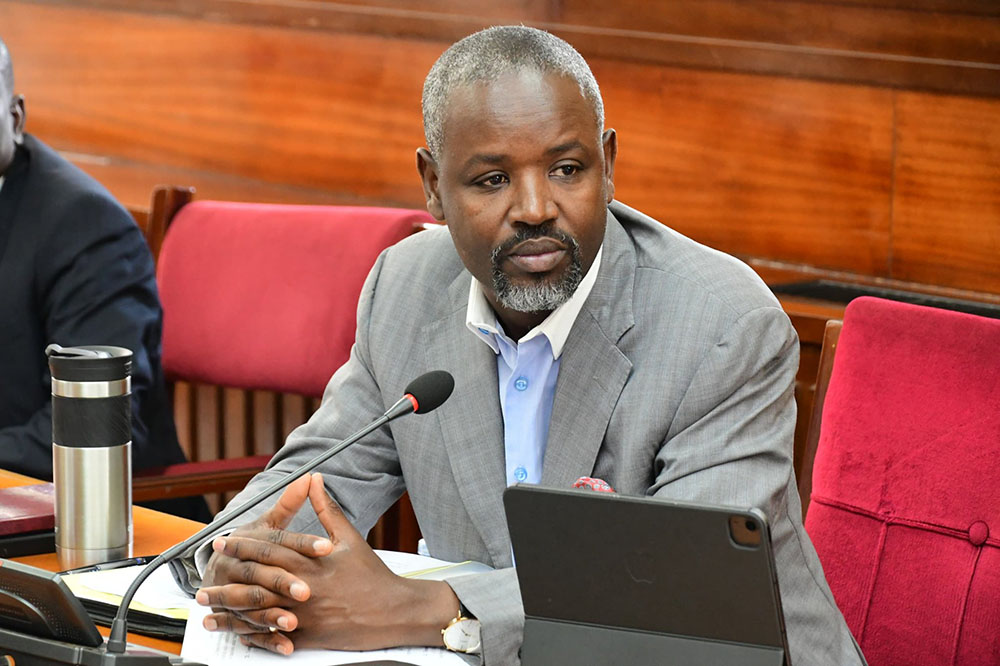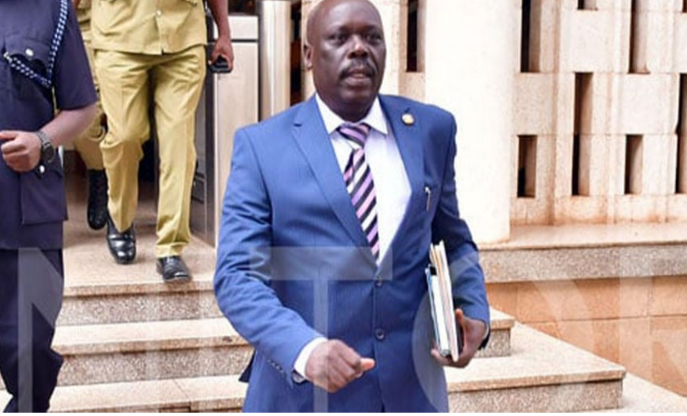Germany warns Uganda to prepare for the worst in nuclear power plant’s pursuit

The Ambassador of the Federal Republic of Germany, His excellence Matthias Schauer has advised against plans by Uganda to invest in nuclear power plants at the launch of the Energy Policy for Uganda 2023 at the Sheraton Hotel in Kampala yesterday 14th September 2023.

At the introduction of the Energy Policy for Uganda 2023 at the Sheraton Hotel in Kampala yesterday, the Ambassador of the Federal Republic of Germany, His Excellence Matthias Schauer, cautioned against Uganda’s plans to investing in nuclear power facilities.
Ambassador Schauer joins a number of local and international experts who have advised Uganda against plans to put up 2000-megawatt nuclear.
Schauer, whose country continues to support Uganda’s clean energy projects and policies said nuclear power generation is not only costly but environmentally sensitive.
He was speaking at the launch of the Energy Policy for Uganda 2023 at the Sheraton Hotel in Kampala.
He said the plans to put nuclear power plants seem not to fit in the goals of the new policy.
According to the ambassador, Uganda is envied by industrial nations including Germany for its abundant hydropower and huge potential for solar power.
Germany stopped producing any electricity from its nuclear power plant in April this year.
He said Germany shut down its nuclear power plants for fear of disasters like the Chornobyl disaster in 1986 and the 2011 Fukushima Daiichi nuclear power plant disaster.
The Energy Ministry Permanent Secretary Irene Bateebe last year indicated that Uganda needs nine billion dollars to put up a nuclear power plant.
But the Ambassador says putting up a nuclear power plant costs between $15-20 billion.
The new policy which is replacing the one developed in 2002 identifies the development of nuclear as part of the plans for Uganda’s energy mix.
The policy among other strategies suggests Public-private partnership investments, including decommissioning, spent fuel, and radioactive waste management, in nuclear power development.
The government has in the past suggested a phased approach towards putting up the first reactors for the 2000-megawatt nuclear power plant by the end of 2031.
Vision 2040 identifies nuclear energy as an option for meeting the energy deficit in Uganda.
State Minister for Energy, Sidronius Okaasi Opolot said Uganda will continue to pursue nuclear for electricity as part of the pursuit of clean and sustainable energy sources.
The new policy says 24000 megawatts of nuclear energy should be in place by 2040 and that this type of energy should constitute 48% of the energy mix. Each megawatt of nuclear power should cost 6.77 million dollars.
The entire project is estimated to cost over 162 million dollars or over 604 trillion shillings. President Museveni in March expressed Uganda’s determination to tap into nuclear energy.
Museveni said he halted the exportation of uranium because Uganda needs electricity for socio-economic development.
He told the Africa nuclear business platform 2023 (AFNBP) that the issue of Nuclear Power in Africa is a must because it is reliable.







